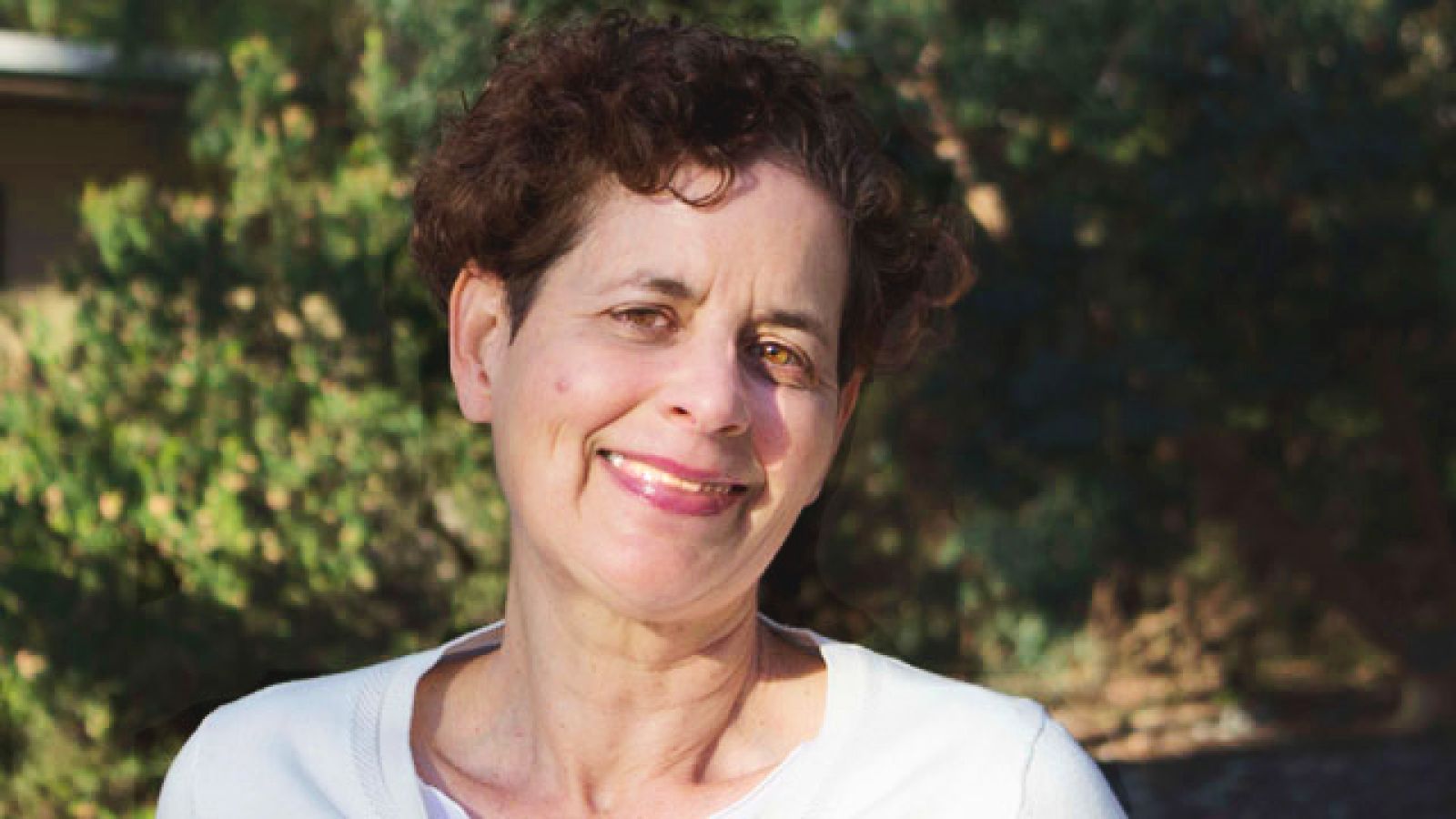New RSSS Director eyes collaborations with STEM disciplines

Professor Catherine Waldby wants to expand the research school's work with new audiences
The first woman to lead the ANU Research School of Social Sciences intends to further develop collaborations with disciplines including science, technology, medicine and economics.
Professor Catherine Waldby, who took charge in September, has decades of experience melding the biosciences and social sciences worlds.
“I understand what is needed to develop strong, collaborative relations with the sciences and the STEM disciplines,” the Fellow of the Academy of Social Sciences in Australia says.
“These kind of collaborations can produce wonderful basic research, as well as very important types of applied research.
“There’s increasing acknowledgement from STEM and medicine that they need social science inside to socially embed any kind of innovation and ensure good foresight, governance and equitable participation.”
For clinicians and others in medicine who are keen to work with the social sciences, relations must be nurtured, Catherine stresses.
“That can’t be done in a rush. Each party needs to learn about each other’s priorities, approaches and methods.
“What I want to do is create those kind of conditions where collaborations can emerge. I’m certainly looking forward to working with (incoming Vice-Chancellor) Brian Schmidt very much.”
A co-editor of the London-based Biosocieties interdisciplinary journal for the social studies of life sciences, Catherine has written five books including two about stem cell research and one on HIV/AIDS. She is working on a sixth monograph, this time focused on new reproductive technologies.
Catherine says she was not looking for a new position in her previous role as a Professor at the University of Sydney’s Department of Sociology and Social Policy.
“I was approached and regarded the invitation to apply as an honour because I am very conscious of the historical importance of RSSS in both the national and international social scientific landscapes,” she stated.
“I’m not aware of another position that is in any way similar. It’s a sui generis position and that’s why I applied.”
Catherine began her career in the humanities and received her first degree in literature. Honours at the University of Sydney in philosophy and government followed and Catherine became interested in medicine while studying the debates between 19th century feminists and medical professionals around reproduction and women’s civil status.
HIV/AIDS became an obvious research area because she lived in inner-city Sydney in the 1980s, Catherine explains.
“People were dying from HIV/AIDS, my friends were dying,” she remembers.
Catherine was a research assistant and then research fellow at the National Centre on HIV Social Research in the late 1980s and 1990s. She was the centre’s deputy director for three years and spent about 15 years in total working in the HIV/AIDS area.
Catherine is on her second NHMRC grant, fourth ARC grant and has had several European grants to work with clinicians and others in the life sciences. Catherine is keen to work closely with the ANU Centre for European Studies.
Her other goals include trying to secure the stability of the research excellence of the school through good governance and diversifying revenue. That will also entail planning a new building for the school.
Catherine also wants to expand the research school’s work to new audiences and encourages scholars to contribute to media outlets such as The Conversation.